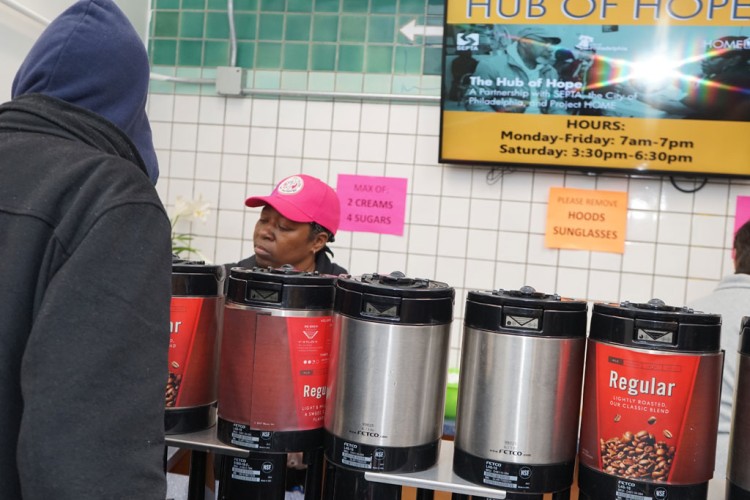Human Dignity, Not Criminalization: Real Stories, Real Solutions
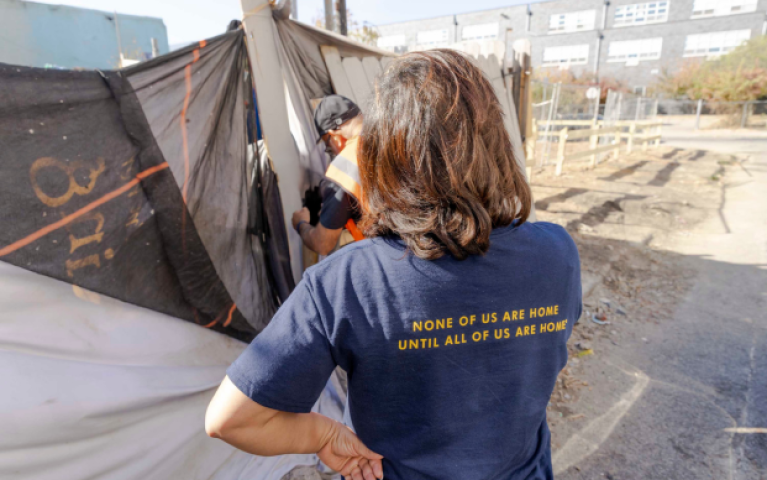
Meet Channing
Channing is 71, a Vietnam veteran, and a lifelong Philadelphian who has experienced chronic homelessness since 2018. He remembers better days filled with work, community, and family.
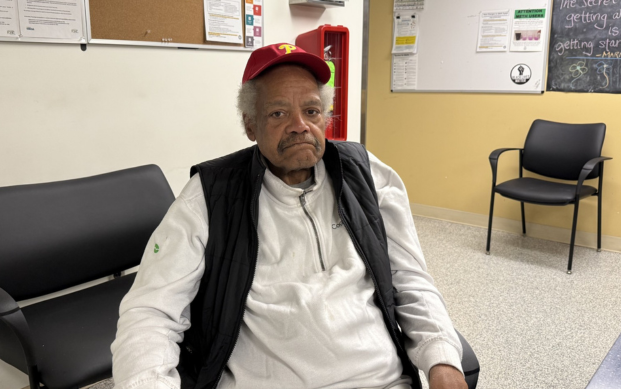
He also knows the daily challenges of living outside — constant movement, uncertainty, and exhaustion. “Most times, the cops come up and beep the horn then you gotta move here and there,” he says, keeping an eye out for neighbors who “don’t bother nobody.”
Channing hopes public resources will go toward what really helps: housing, seniors’ services, and outreach. “It should go to Project HOME and Horizon House,” he says, referring to the groups he felt supported him through his hardest times.
Felicia’s Journey
For six years, Felicia Camacho lived without stable housing — in cars, motels, and abandoned buildings. A trespassing conviction still follows her from a night she was simply trying to keep warm.
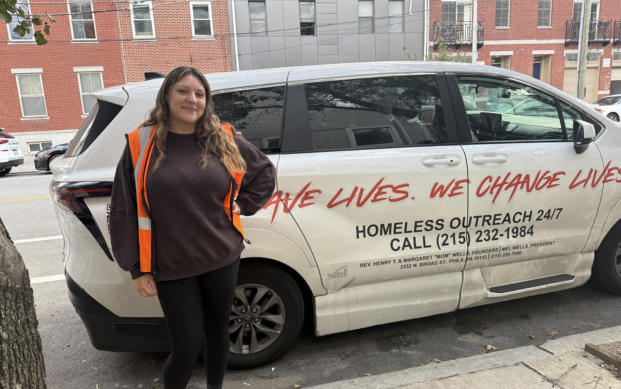
“I’m a felon because I was cold,” she explains.
Today, Felicia works in outreach at Project HOME, using her own story to help others find safety and stability. Her experience proves that support, not punishment, changes lives.
“Ticketing or arresting people for sleeping outside doesn’t make homelessness go away,” she says. “It adds fear and barriers on top of already impossible situations.”
Elijah and the Power of Showing Up
Elijah Parks, a former outreach worker with Project HOME and its partners since 2020, teaches a simple code:
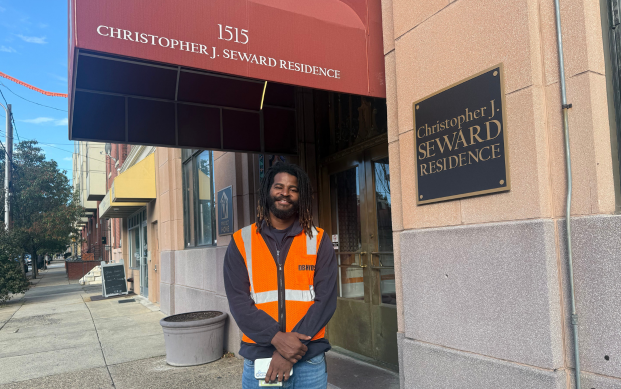
“Keep your word. Show up. Be consistent.” He first met Felicia at an encampment and later saw her become the kind of advocate who once helped her. Elijah knows progress takes trust — and time.
“It’s fulfilling to genuinely see people’s turnarounds. I appreciate the small wins.”
Policy in Practice
In June 2024, the U.S. Supreme Court ruled in City of Grants Pass v. Johnson that cities can enforce certain public camping ordinances. While this gives municipalities flexibility in managing public spaces, it also underscores an important question:
Can enforcement alone solve homelessness — or must housing and support remain at the center?
Advocates agree that sustainable solutions come from housing-first programs, low-barrier shelter, mental health and substance-use support, and street outreach — not citations or displacement.
The Choice Ahead
Homelessness is not just a legal issue; it’s a human one. We can choose policies that manage homelessness, or we can choose those that end it.
Project HOME’s mission is reflected in Channing’s endurance, Felicia’s recovery and leadership, and Elijah’s compassion through outreach.
“People need stability before they can rebuild their lives,” Felicia reminds us.
The law may permit enforcement, but our shared responsibility calls for continued investment in housing, outreach, and human dignity — ensuring that no one is left behind.
